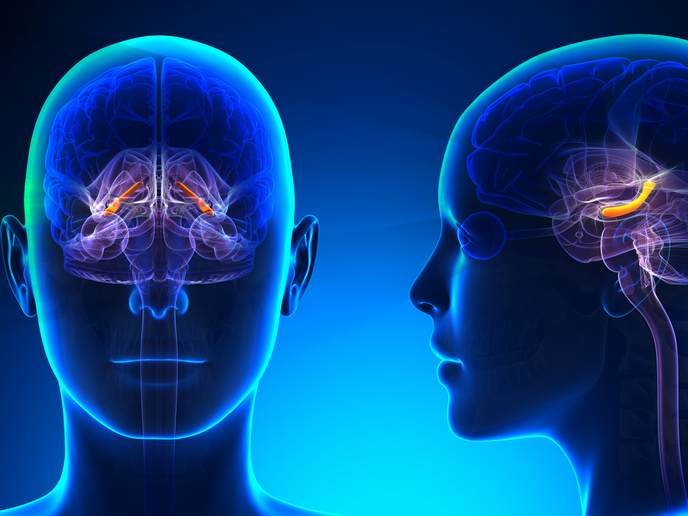Unified database and criteria needed for mouse models
Initiatives aimed at data collection and systematic generation of conditional mouse mutants use the Cre-lox binary system. And although several databases offer existing Cre driver strains, certain obstacles exist to fully exploiting the power of conditional mutants. The 'Coordination of resources for conditional expression of mutated mouse alleles' (Create) project is working to address these shortcomings by focusing on availability of well-characterised mouse lines that express Cre-recombinase in tissue, organ and cell type-specific patterns. Together with an International Coordination Group (ICG), the Create consortium brings together eight major mouse database holders and research groups involved in conditional mutagenesis. Create aims to deliver a well-annotated and integrated data resource of Cre driver strains and coordinate the expansion of the resource. Collection, integration, expansion and dissemination of Cre driver mouse databases will be done through a unified web portal with worldwide access. Hosted in Europe, the European Molecular Biology Laboratory–European Bioinformatics Institute (EMBL-EBI) database centre has developed and launched the Create website, which uses a BioMart data management system. Activities such as targeted workshops are being set up to develop a roadmap for selecting emerging technologies and methods to improve Cre-mediated recombination in vivo, generate and analyse new Cre driver lines, define characterisation criteria and integrate Cre driver production in Europe with similar international efforts. A first success in this regard was the first Create Annual Workshop and ICG Meeting held in 2009 in the UK. The third goal is to outline the needs of the international mouse research community. This is being achieved by collecting information necessary for in-depth analysis of mutagenesis in different cell and tissue types. Also, Create is preparing for expansion of the Cre driver resource by administering a survey that will bring in requests and suggestions relevant to the new Cre lines. Survey results will constitute the main source for choosing Cre drivers to be generated in subsequent Seventh Framework programmes.







